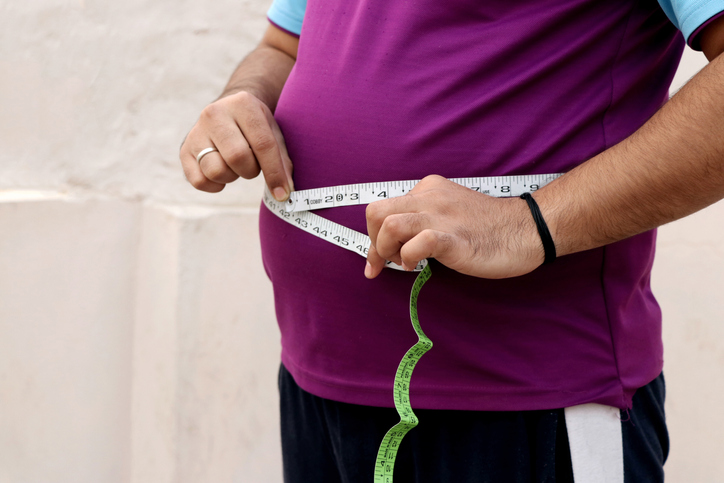
Obesity and Hearing Loss
We know that maintaining a healthy weight is crucial to our overall health and wellbeing, but did you know that your weight also plays a key role in your hearing health?
The body’s inner ear consists of both the hearing and balance organs. The balance organ has a complex system of fluid filled semi-circular canals that help you maintain your balance. An important part of the auditory system is the cochlea. In the cochlea there are hair cells that are responsible for detecting sound and translating it into electrical signals that the brain can interpret. The inner ear is sensitive to changes in blood flow, oxygen, and glucose.
Studies have shown, obesity puts a large strain on the walls of the capillaries, as they struggle to transport oxygen to the hair cells in an efficient way. Once damaged, these hair cells cannot be regenerated — making hearing loss permanent.
Excess weight makes it difficult for the heart to pump blood throughout the body, and obesity can be a defining risk factor. With an increased risk of stroke, high blood pressure can also increase the risk of developing hearing loss, and even lead to ringing in the ears, also known as tinnitus.
Additionally, excess weight and body fat puts a large strain on the heart and negatively effects our circulatory systems. Being overweight puts individuals at risk of diabetes, most commonly Type 2. According to studies, people with diabetes are twice as likely to develop hearing loss than those who are not affected by the disease.
If you’re concerned about your weight’s effect on your hearing health, speak to an experienced audiologist as soon as possible. Their insight and years of experience will help guide you in the right direction for optimal hearing health.

